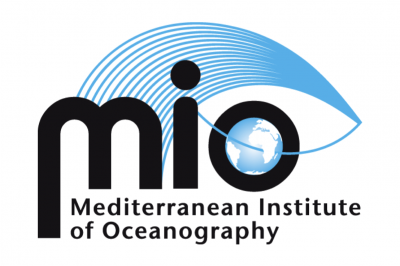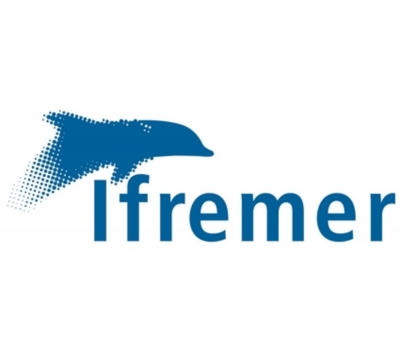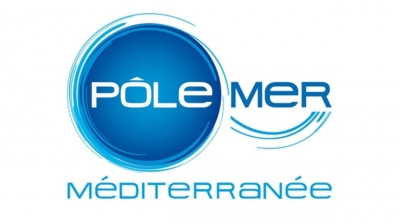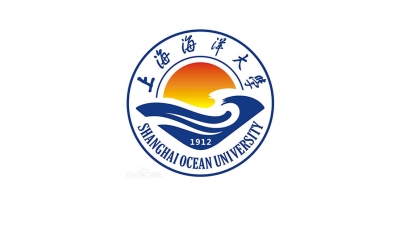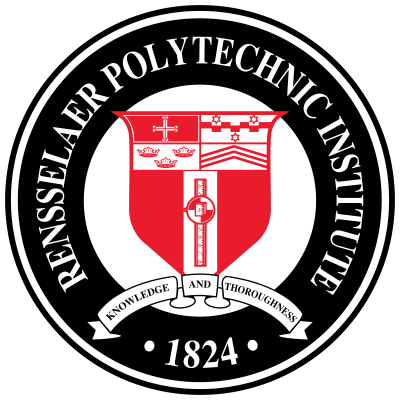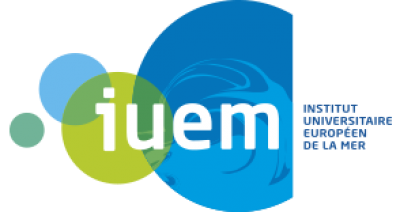Marine Geosciences Biology
For the past ten years, Top Industrie has been developing equipment to study the deep-sea underwater environment.
In partnership with laboratories at the forefront of these technologies, we are creating sampling and study devices for physical, chemical or biological research in the depths of 1500 to 6000 meters.
In partnership with laboratories at the forefront of these technologies, we are creating sampling and study devices for physical, chemical or biological research in the depths of 1500 to 6000 meters.
- Collecting organisms and microorganisms living in the deep sea.
- Geological studies of the dynamics of hydrothermal fluids in deep marine environments.
- Equipment for storing living organisms under high pressure and high temperature.
- High pressure autoclaves, with circulation loop, sampling or micro-injection devices.
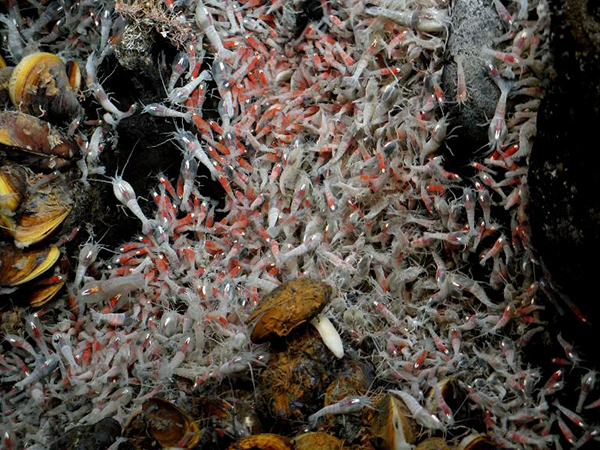
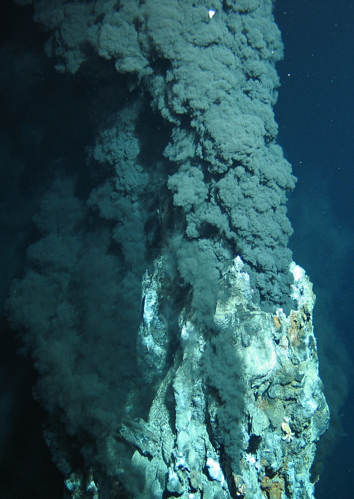

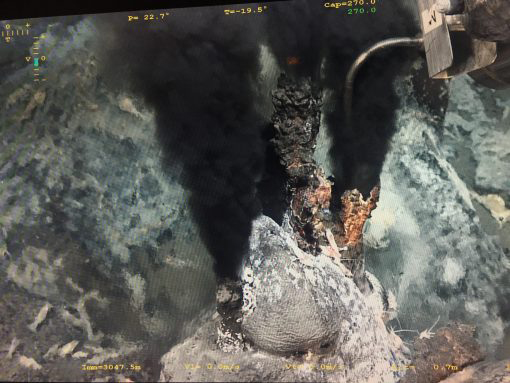
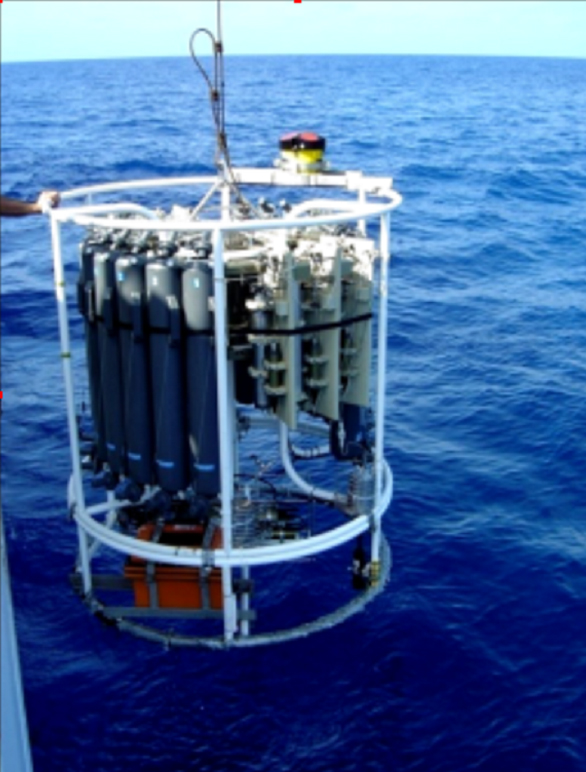
A research team from the Toulouse Environmental Geosciences Laboratory (GET) in partnership with Top Industrie and SATT Toulouse, Toulouse Tech Transfer (TTT) has developed a unique instrument to study the dynamics of high-temperature hydrothermal fluids in deep marine environments. Designed and built in the GET and Top Industry workshops, the Deep-sea Autonomous Fluid Sampler (DEAFS) is the first prototype autonomous module capable of collecting and storing hydrothermal fluids at regular intervals and autonomously in extreme heat and pressure conditions. A veritable instrumental challenge, DEAFS represents a significant advance in scientific knowledge of the deep ocean, ecosystems and resources. This work led to a transfer of technology to Top Industrie.
Learn More :
DEAFS : un laboratoire autonome au fond de l’océan"IBIS is an Ifremer tool combining isothermal and insulated samples by a submersible adapted to the study of hydrothermal fluid microorganisms associated with deep marine ecosystems (up to 6000 m below the surface of the sea). The tool can also record the pressure and temperature of the sample to assess its quality and packaging. It is also possible to undersample and incubate fluid samples without depressurization. This project, funded by the Carnot Institute, is the result of a collaboration between the Ifremer RDT unit for the design and development of IBIS's integration into the submersibles Nautile and Victor and genAVIR's DSM team for submersible operability. Top Industrie has produced the pressure bottles and multiplier. This project also benefited from the expertise of the hyperbaric team of the MIO (Aix-Marseille University)."
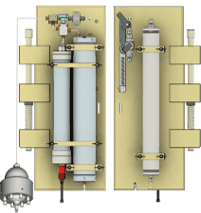
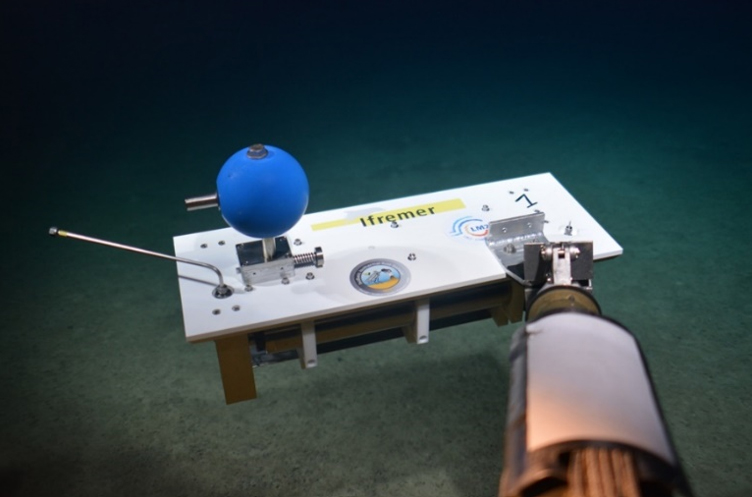
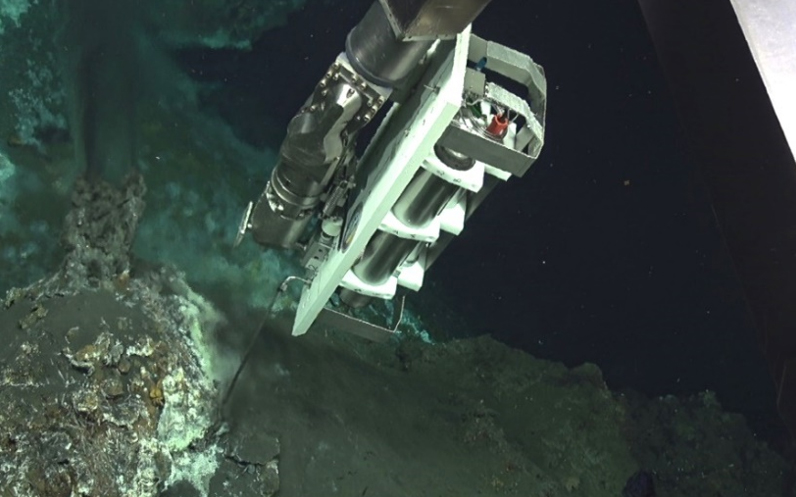
The High-Pressure Serial Sampler (HPSS) is a Sea-Bird Carousel fitted with eight 500-ml High-Pressure bottles where hydrostatic pressure is permanently monitored during filling, retrieval and incubation. Fluorescent or radiolabeled tracers are injected in each bottle. Sub-samples may be extracted without decompression of the main culture, allowing time series experiments. Photograph of the high-pressure sampler unit (HPSU) in configuration of sample filling. The filling valve is set off by the scientist on board the ship. When the filling valve is opened, the natural hydrostatic pressure pushes down the floating piston and the seawater enters the upper chamber of the HPSU. The distilled water is flushed out from the lower chamber of the syringe to the exhaust tank, through a nozzle (catheter 0.01") that acts as an hydraulic brake.
Currently, we are closely collaborating with Top Industrie (France) to commercialize the whole system and continue new developments.
A HPSU is composed of:
- A high-pressure bottle (HPB) fitted on a polypropylene frame fittable on a Sea-Bird Carousel.
- A pressure sensor to monitor the hydrostatic pressure inside the HPB An exhaust tank
- A pressure accumulator to compensate the deformation of materials under high hydrostatic pressure
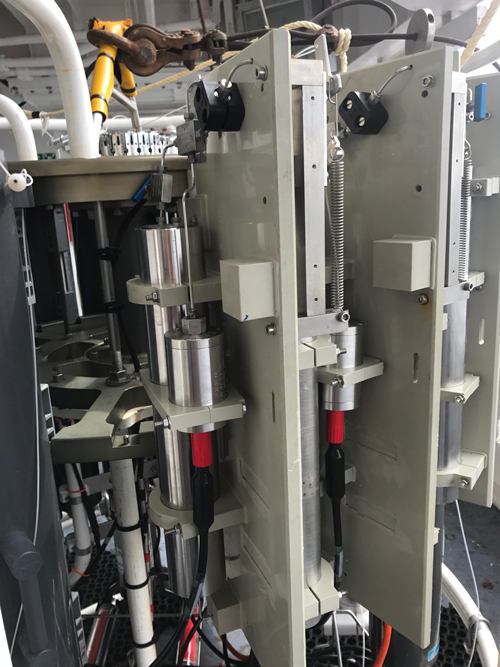
They trust us

